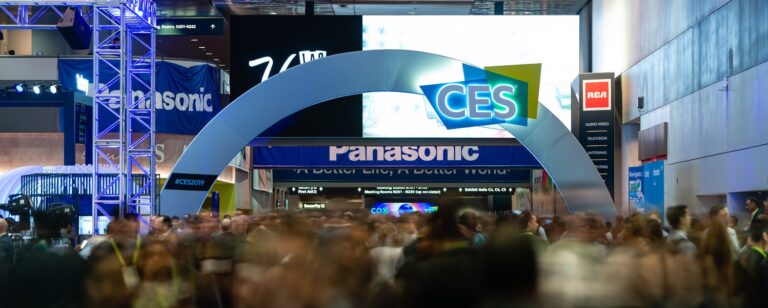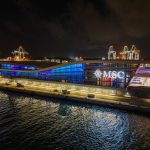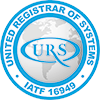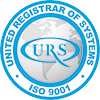The idea of a truly “smart city” requires the symbiotic interaction of buildings, people, and vehicles. Never before, until this week’s CES, has one technology platform crossed across all of these areas to enhance the efficiency, comfort and functionality of how people live, work, and move. Research Frontiers Inc. (Nasdaq: REFR) and Gauzy Ltd., a world-leading vendor of material science and light-control technologies, announced today that Gauzy will be exhibiting SPD-Smart light-control technology as part of the Smart Cities exhibition at CES (North Hall Booth #9233), featuring core collaborations with key partner and Research Frontier licensee Vision Systems, and additional industry leading brands in mobility and built environments.
Gauzy’s demonstration at CES 2022 supported by valued partners provides a full smart city experience, with a focus on mobility solutions and transparent displays utilizing smart glass technology. Imagine a light-control film embedded in glass that allows users to change the glass’ tint from clear to dark or anything in between at the touch of a button, in response to commonly-used sensors, or integrated as part of a building or vehicle’s control system. This is possible with suspended particle device (SPD-Smart) film, which uses specially-engineered nanoparticles suspended and distributed throughout a flexible film which is laminated directly into glass or other transparent substrates.
Enabling cities and its occupants to travel safer, and stay better connected for more efficient operations, SPD-Smart Light Control technology by Gauzy and its partners is changing the way we interact with, and within, our surroundings. Cutting edge smart glass technologies including SPD and PDLC (polymer dispersed liquid crystal) are being integrated into various personal and mass transit vehicles, and building applications to save energy, reduce CO2 emissions, and transform glass into information, entertainment, privacy, and shading systems to enhance people’s lives.
While it might sound futuristic, SPD technology has been used reliably to replace aircraft window shades since 2001, in tens of thousands of vehicles by Mercedes and McLaren beginning in 2011, and is scheduled for introduction on upcoming car models from Cadillac and other auto makers. It also is being used in yachts, cruise ships, museums to protect priceless artwork and collectibles such as the world’s most valuable baseball cards from visible light damage, and architectural applications such as a ten-thousand square foot roof at the World’s Fair in Milan in 2015.








